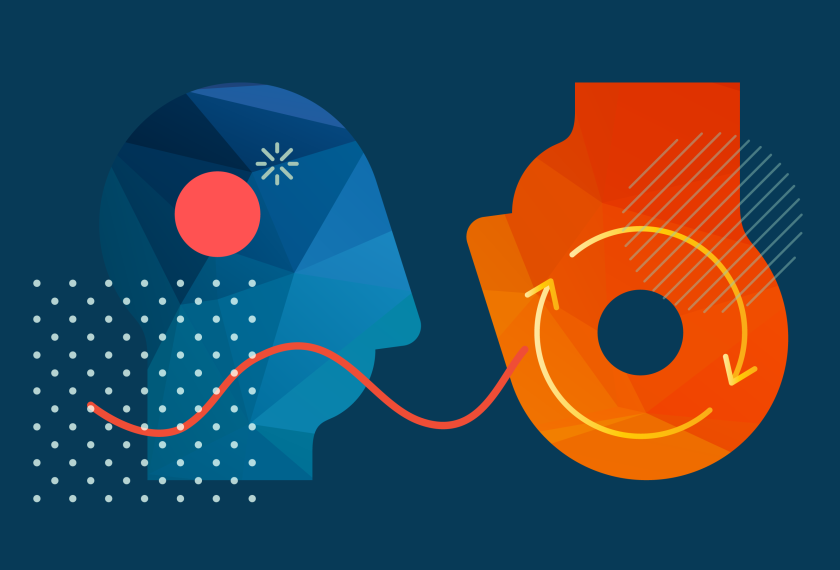A local school board overstepped its authority when it passed a round-the-clock code of conduct that banned students from sports and extracurricular activities if they were accused of drinking alcohol, using drugs, or breaking other laws, even if the alleged offenses occurred off campus and the students were not convicted by a court, the New Jersey Education Department has ruled.
Acting state Commissioner of Education Rochelle Hendricks agreed with an administrative law judge’s decision in declaring the 1-year-old policy in the Ramapo Indian Hills Regional High School District, in Bergen County, unconstitutional. For a school board to punish a student for an off-campus offense, the discipline must be necessary to spare the student or others from harm, and the misconduct must have “some link to the school environment,” she said.
Terry Meese, a Franklin Lakes, N.J., mother, had sued the board to block the policy. She urged district officials to rewrite it. The board argued that revoking a student’s ability to join extracurricular activities was not “discipline” because participation is a privilege, not a right.




